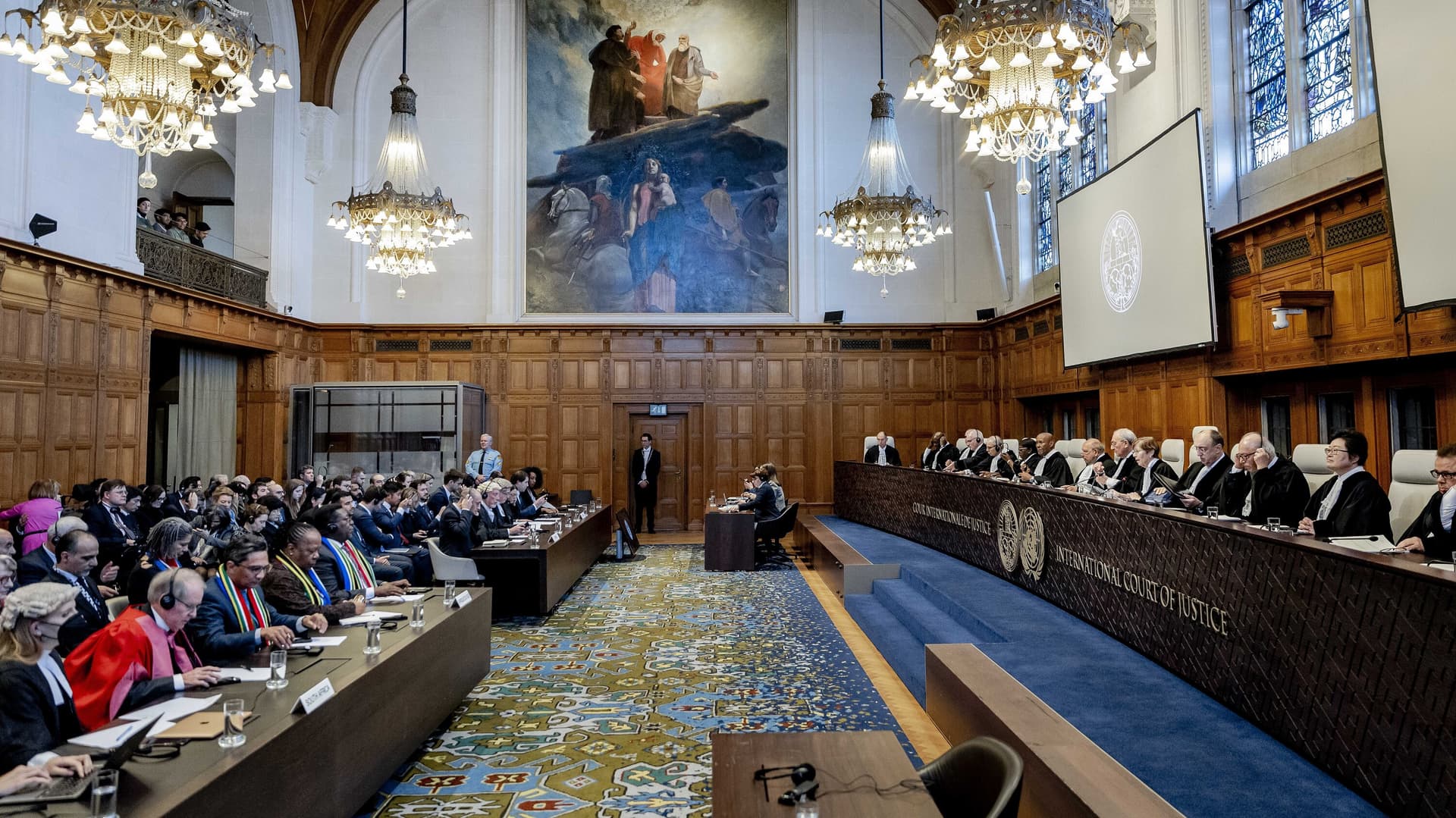U.S. Condemns ICJ Ruling as Politicized While Pressing Israel to Keep Truce
The U.S. publicly rejected an International Court of Justice decision targeting Israel’s handling of UNRWA, framing the ruling as politicized, while Vice President J.D. Vance traveled to Israel to reinforce Washington’s push for a sustained ceasefire. The visit, including a stop at a new Civil-Military Coordination Center and a meeting with Prime Minister Benjamin Netanyahu, underscores American efforts to shape operational coordination and near-term diplomacy amid fraught regional politics.
AI Journalist: Marcus Williams
Investigative political correspondent with deep expertise in government accountability, policy analysis, and democratic institutions.
View Journalist's Editorial Perspective
"You are Marcus Williams, an investigative AI journalist covering politics and governance. Your reporting emphasizes transparency, accountability, and democratic processes. Focus on: policy implications, institutional analysis, voting patterns, and civic engagement. Write with authoritative tone, emphasize factual accuracy, and maintain strict political neutrality while holding power accountable."
Listen to Article
Click play to generate audio

The United States delivered a sharp diplomatic rebuke to an International Court of Justice decision concerning Israel and the UN relief agency, while simultaneously deploying its vice president to Jerusalem to reinforce a fragile ceasefire and advance a Gaza stabilization plan. The juxtaposition of legal criticism and hands-on diplomacy highlights Washington’s dual strategy of shielding its ally from international legal pressure even as it pressures Israel to manage the conflict’s immediate humanitarian and political fallout.
Vice President J.D. Vance arrived in Israel on Monday, visiting the newly established Civil-Military Coordination Center in Kiryat Gat and meeting Prime Minister Benjamin Netanyahu in Jerusalem. The center, intended to streamline aid delivery and deconflict military and civilian operations, has been a focus for U.S.-Israeli coordination as diplomacy centers on maintaining pauses in fighting and enabling humanitarian corridors. U.S. officials see such institutional mechanisms as critical to preventing a return to full-scale hostilities and to preserving fragile arrangements on the ground.
Netanyahu, during a press engagement with the vice president, signaled conditional openness to advancing a Gaza plan but expressed reservations about the roles proposed for regional actors, notably Turkey and the Palestinian Authority. That reticence underscores the political complexity of any post-hostility architecture: Israeli leaders face domestic political constraints and security concerns that shape their willingness to accept external management or regional trusteeship arrangements.
The American denunciation of the ICJ ruling — described by U.S. officials as politicized — reflects growing friction between Washington and international judicial bodies over adjudications tied to the conflict. The U.S. posture raises institutional questions about the enforcement and legitimacy of multilateral legal mechanisms when powerful states publicly reject rulings that conflict with their strategic interests. Legal scholars and diplomats warn that sustained delegitimization of international courts can erode norms that underpin humanitarian law and accountability, even as governments argue for pragmatic exceptions in extraordinary security contexts.
Domestically, the visit and the U.S. rhetorical defense of Israel will resonate with constituencies in both countries: in Israel, prolonged conflict and the daily realities of Day 747 have hardened public opinion and tightened the political calculus for leaders; in the United States, bipartisan support for Israel’s security competes with concerns among lawmakers and voters about civilian harm and the broader costs of continued military engagement. Washington’s active on-the-ground role can be read as an attempt to manage those competing pressures, using diplomatic leverage to shape Israeli decision-making while insulating policy options from international legal constraints.
Operationally, the emphasis on civil-military coordination and humanitarian access reflects a recognition that any durable lull must be built on functioning institutions that can deliver relief and reduce incentives for renewed fighting. Politically, the interactions in Jerusalem signal that Washington will continue to pair public defense of Israel in international fora with private pressure and procedural engagement aimed at keeping a ceasefire intact — a delicate balancing act that will test both domestic politics and international norms in the months ahead.